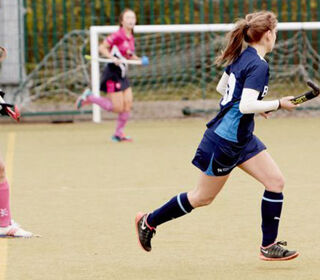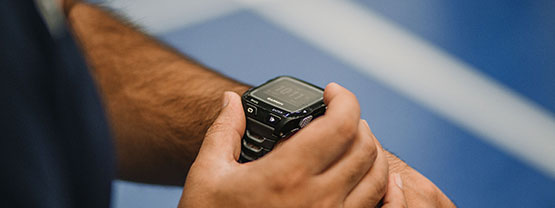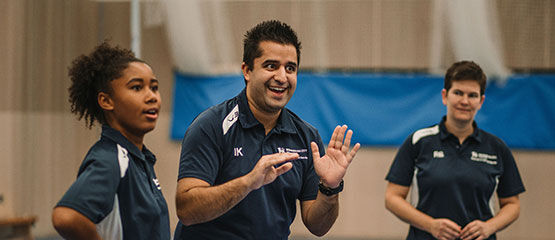
Blog

There are a variety of career options in the world of sport, and if you want to help and inspire others to be the best they can be, becoming a Sports Coach (or P.E. teacher) might be right for you.
It’s a rewarding job that many choose to pursue, due to their love of a particular sport, and a passion to pass on personal experiences, knowledge and enthusiasm, to others. Every athlete and sports team have coaches behind the scenes that help them on their sporting journey, and some become just as famous and well-respected in their fields as the people they coach e.g. Harry Redknapp (football), Sir Clive Woodward (rugby union), Christian Malcolm (athletics) and Bill Furniss (swimming). So, whether it’s helping local children improve their football skills, or your goal is to work with a professional athlete or sports team, here’s a few things you should know.
What does a sports coach do?
As a sports coach, your role is to help athletes of all ages and abilities to reach their sporting potential. You could be working with a local team (e.g. under 10s gymnastics/football/swimming) on a voluntary or part time basis, or working with a professional team or athlete on a full time basis.
A coach needs to be able to understand people’s strengths and weaknesses, and promote and maintain motivation in those that they work with. They use a variety of skills to analyse individual and team performance, and provide training to improve sporting results and output.
Roles and responsibilities
The key skills needed include:
- excellent knowledge and experience of sport
- knowledge of the human body to maximise results and reduce injury risks
- good communication and teaching skills
- analytical skills
- problem solving abilities
- good people skills.
Having the ability to empathise and inspire is also key, as a coach’s influence could have a profound impact on those they are coaching, both in terms of their sport, and in relation to their future career and life skills.

A day in the life of a sports coach
There’s no such thing as a typical day for a sports coach – and working patterns vary depending on who the client is. Coaches could be working part time with local teams or working full time with professional athletes or sports teams, but either way, it almost certainly won’t be the standard 9-5pm Monday-Friday job, especially as many sports compete at the weekend.
Generally, a coach will be based at a team club or training centre most of the time, but would need to travel with their athlete or team to competitions, which could be local, national or international.
How to become a sports coach
Vocational awards and qualifications (including an Enhanced Disclosure and Barring Service (DBS) clearance), are an important step in becoming a sports coach – whether that’s within community activities or high-performance sport. If high performance coaching is what you want to do, a sports degree would be highly beneficial, and you may need to continue your studies at postgraduate level too. Our BSc Sports Coaching and Physical Education degree is a good way to begin your coaching career, and our experienced staff will help you to gain the experience and skills you need to make a real difference. This includes offering numerous bolt-on awards as part of the degree to help you build your repertoire of coaching qualifications, although you don’t need to wait to start your degree to get experience. If coaching appeals to you, we would recommend getting in touch with a local school or sports team to offer them your help, to gain some valuable experience, and to start your journey to helping others be the best they can be.
If you're still not sure if this is the right career for you, take a look at our How to become a P.E. Teacher blog!
